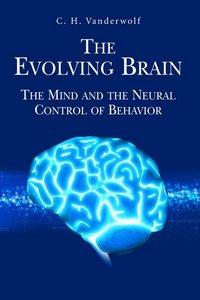Service
Spiegel Bestseller Belletristik
Spiegel Bestseller Sachbuch
Internationale eBooks
eBooks auf Englisch
Abo jetzt neu
Hörbuch Downloads
Weitere Sortimente

This volume details the importance of modern scientific studies of animal behavior in understanding the human brain. It presents a series of essays on neuroscientific aspects of human nature and instinctive behavior, individually acquired (learned) behavior, human bipedal locomotion, voluntary movement, and the general problem of how the brain controls behavior. It argues that (a) conventional psychological concepts originate from the philosophical speculations of ancient Greek philosophers, especially Plato and Aristotle; (b) there is serious doubt that these ancient philosophical analyses provide a reliable guide to the understanding of the human mind, human behavior, or the organization of the brain; and (c) that modern scientific studies of animal behavior provide a better guide to the study of the functional organization of the brain than is provided by conventional psychological concepts.
Inhaltsverzeichnis
From the reviews:
" Vanderwolf critiques current approaches to the study of the neural basis of mind, particularly as they apply to psychological processes such as perception, attention, motivation, emotion, memory, and cognition. Vanderwolf reminds those interested in the field of the brain, behaviour, and the mind that works best when it rests on objective data. Summing Up: Recommended. Upper-division undergraduates through faculty. " (C. R. Timmons, CHOICE, Vol. 44 (11), July, 2007)
Es wurden noch keine Bewertungen abgegeben. Schreiben Sie die erste Bewertung zu "The Evolving Brain" und helfen Sie damit anderen bei der Kaufentscheidung.